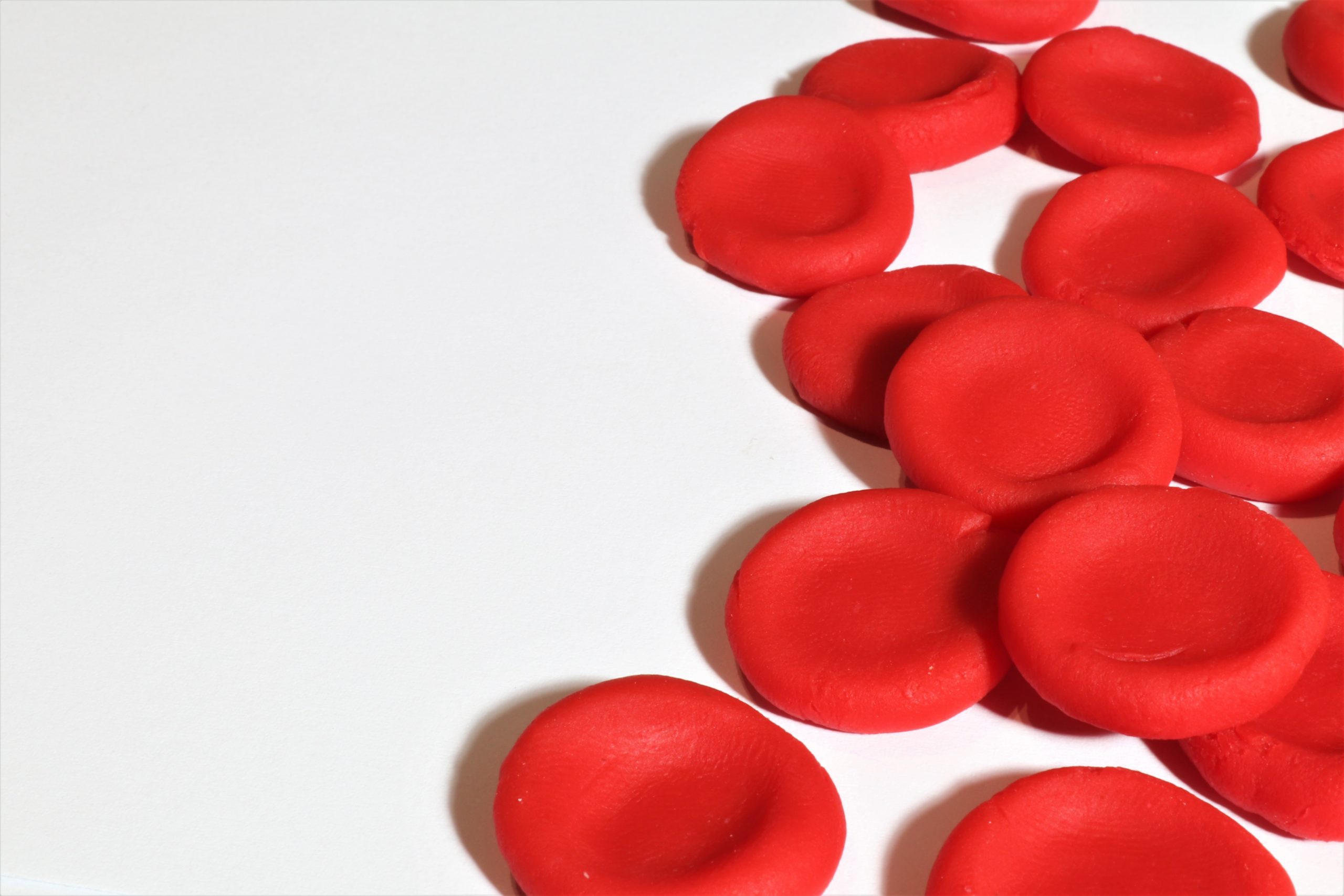This multi-cancer screening tool works in conjunction with specialized diagnostics.
Biotech company GRAIL made history earlier this month when it introduced the first commercially available multi-cancer blood test. The test is based on analyzing tumor DNA in circulation and could be a game-changer in the field of cancer diagnostics, especially if the company continues to improve it.
Discovering cancer early
Medicine has made great strides in fighting cancer, but it remains one of the most lethal diseases in the world. Even when therapy is successful, cancer can have a devastating effect on the patient’s quality of life and remaining lifespan. While many novel therapeutical approaches are being explored, including immunotherapy, the next major success could lie in better diagnostics.
Cancer is much more treatable at early stages (the average 5-year survival rate is 91% for early-stage cancer and only 26% for late-stage cancer) [1] but also much harder to detect. Only a handful of cancers have an approved early detection method, which can be invasive or uncomfortable, such as colonoscopy. This makes people apprehensive about taking the test and results in fewer early detections. One of the rare exceptions is prostate cancer, which can be detected by the PSA (prostate-specific antigen) blood marker, but this does not change the overall picture: most cancer types currently lack a recommended early screening option, invasive or otherwise.
A multi-cancer blood test addresses two major problems. First, it is no more invasive than a regular blood test, so people have fewer reasons to avoid it. Second, a single test can detect dozens of types of cancer, rather than one specific type.
It’s in the blood
GRAIL’s test, Galleri, is based on analyzing the methylation patterns of circulating cell-free DNA (cfDNA), which consists of degraded DNA molecules. These remnants, which have escaped from living or dead cells into the bloodstream, have a length of 50 to 200 base pairs. Cancer cells also shed cfDNA, which can be recognized by specific methylation patterns using machine learning. Yet, even with cutting-edge technologies, it is not easy to locate trace amounts of cfDNA from cancer cells among other free-floating DNA, which makes GRAIL’s achievement even more impressive.
In trials, Galleri’s sensitivity was highly dependent on the clinical stage of the disease, which is to be expected [2]. Across all cancer types, sensitivity (the probability that a test will correctly indicate that someone has the disease) was 18% at stage I, 43% at stage II, 81% at stage III, and 93% at stage IV. In many cancer types, including highly prevalent cancers and cancers that lack early detection methods, sensitivity was higher.
Given the lack of alternatives, GRAIL’s test is highly valuable and will undoubtedly save many lives. Galleri also excels in predicting the tissue of origin (TOO) of the cancer signal: in trials, the TOO was correctly predicted in 96% of samples. Overall, Galleri can detect more than 50 types of cancer, a majority of which lack recommended screening tests in the U.S., with a false positive rate of less than 1%.
Support, not replacement
GRAIL admits that Galleri “should complement, not replace, existing single-cancer screening tests”. In a recent paper, GRAIL researchers note that of the 89% cases of prostate cancer that had been diagnosed through a conventional screening by PSA, only 6% were detected by Galleri [3]. For this specific cancer type, Galleri will probably find limited use, but it can do a lot of good in others.
This study also shows that Galleri preferentially detects more aggressive cancers, even when controlled for the stage of the disease. For instance, the test excels at detecting small-cell lung cancer and hormone-receptor negative breast cancer, which are both considered especially deadly. That means that false negatives, the cancer cases that the Galleri test misses, are probably less deadly than the cancers it detects.
In today’s medicine, it rarely happens that a certain field of study is dominated by just one team. Researchers race against each other and build on each other’s advancements. Multi-cancer blood tests are not an exception, with several teams currently working on perfecting the technology [4]. Nevertheless, beating others to the shelves is a major achievement, considering how hard this last leg of the journey is.
Conclusion
A multi-cancer blood test is another sharp arrow in the quiver of oncology. Although it is easier to obtain regulatory approval for a test than for a treatment, a product hitting the market is still a rare event. Improvements in early diagnostics can have a drastic effect on cancer outcomes, especially for cancers that currently lack alternative methods of early detection. It is important to remember that Galleri is the first generation of multi-cancer blood tests, and it will inevitably be improved upon.
Source: Lifespan.io is a nonprofit advocacy organization and news outlet covering aging and rejuvenation research.
Author: Arkadi Mazin
Literature
[1] Siegel, R. L., Miller, K. D., & Jemal, A. (2016). Cancer statistics, 2016. CA: a cancer journal for clinicians, 66(1), 7-30. [2] Liu, M. C., Oxnard, G. R., Klein, E. A., Swanton, C., Seiden, M. V., Liu, M. C., … & Youngren, J. (2020). Sensitive and specific multi-cancer detection and localization using methylation signatures in cell-free DNA. Annals of Oncology, 31(6), 745-759. [3] Chen, X., Dong, Z., Hubbell, E., Kurtzman, K. N., Oxnard, G. R., Venn, O., … & Liu, M. C. (2021). Prognostic Significance of Blood-Based Multi-cancer Detection in Plasma Cell-Free DNA. Clinical Cancer Research. [4] Chen, X., Gole, J., Gore, A., He, Q., Lu, M., Min, J., … & Jin, L. (2020). Non-invasive early detection of cancer four years before conventional diagnosis using a blood test. Nature communications, 11(1), 1-10.Source Lifespan.io














Leave a Reply
You must be logged in to post a comment.